Wellbeing

Best of the Web: Should you ban your child from social media, and more
Why banning your child from social media might not be the best approach, the finalists in this year's Children's Book of the Year awards, and the need for compassion when it comes to school refusal.
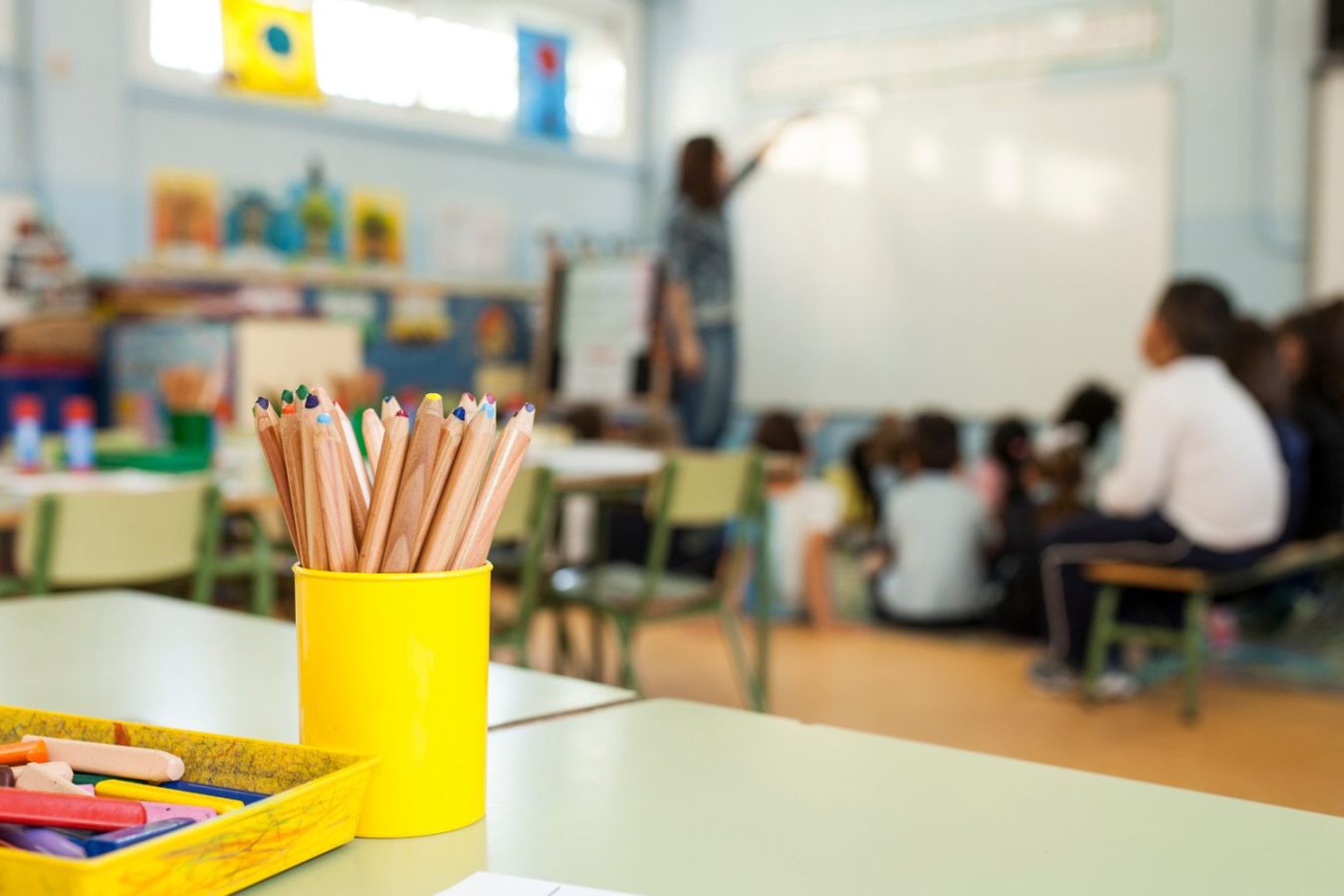
9 things students with disability and their families want teachers to know
Students with disabilities are experts in themselves and their needs. Here, researchers share how listening to students is the key to helping them at school.
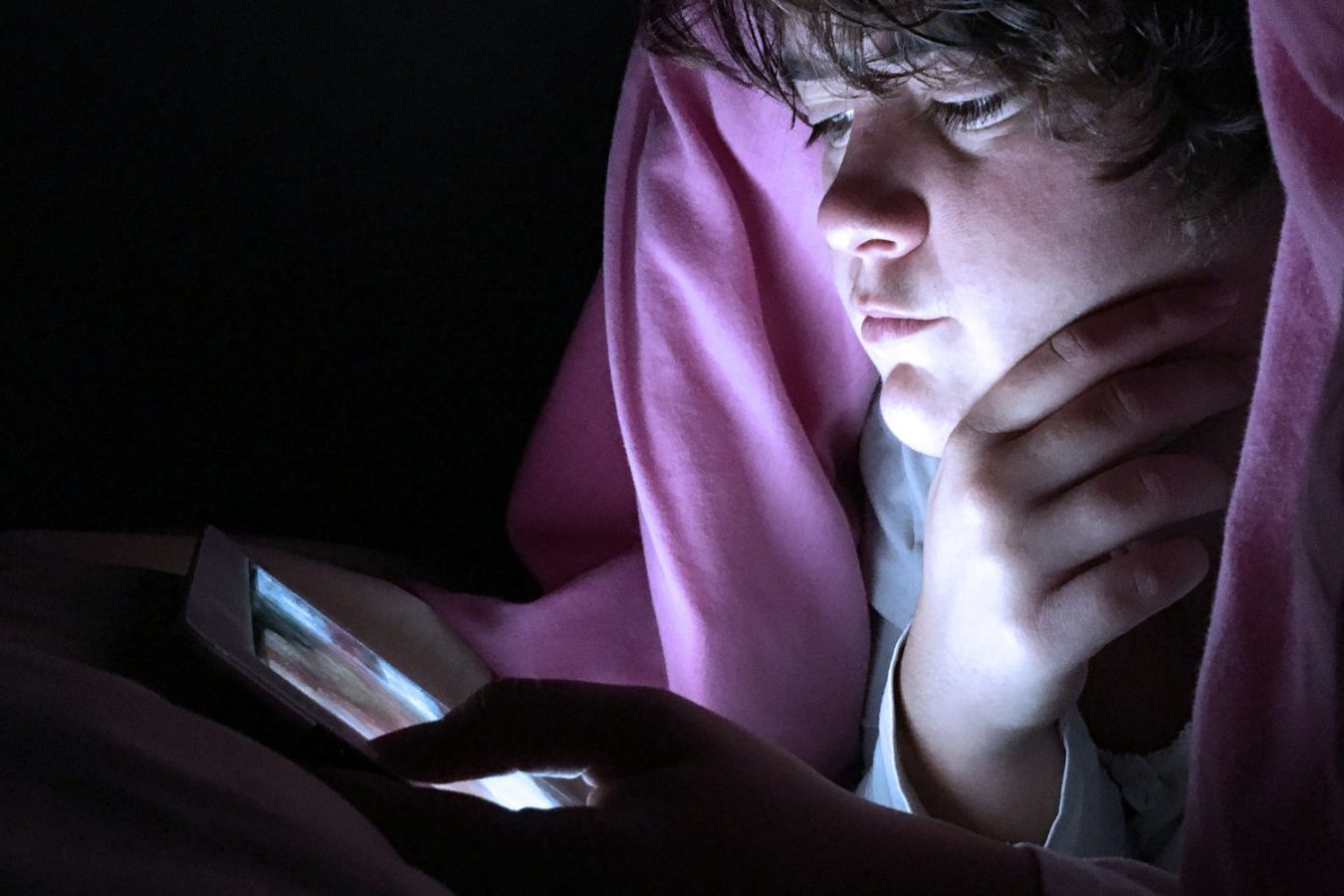
Have smartphones created an ‘anxious generation’? Jonathan Haidt sounds the alarm
A new book argues that the first generation to go through puberty connected to their smartphones have had their brains rewired for depression and anxiety, writes Hugh Breakey.
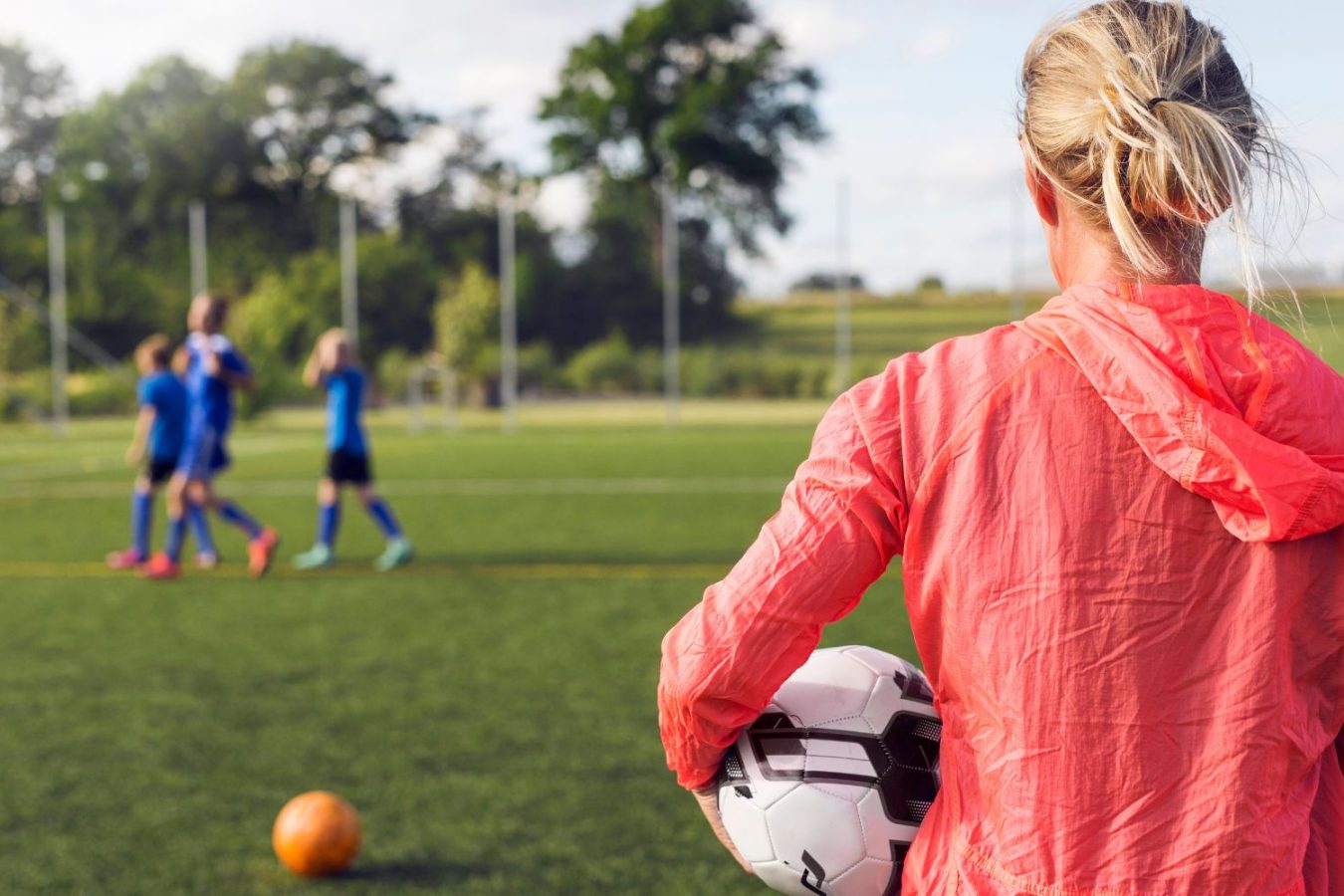
‘Watch the ball!’: why sideline remarks are less helpful to kids than you think
It’s hard not to shout guidance at kids’ sports games. But there are ways to do this without pressuring or criticising your child, writes Elise Waghorn.
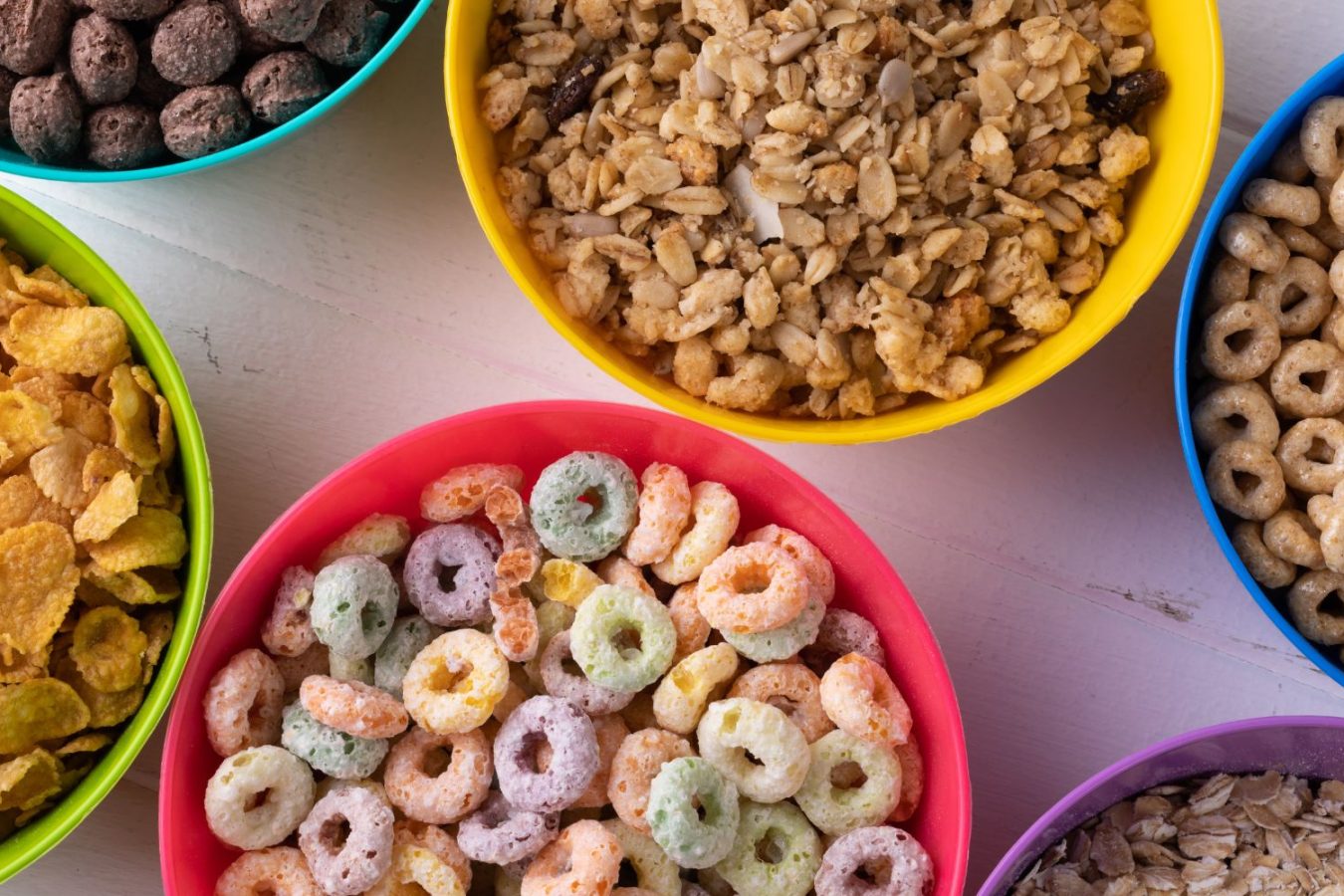
Can an unhealthy breakfast have a similar effect on your child’s school day as having nothing at all?
New research from educational psychology researchers looked at what impact breakfast has on students' motivation to learn and their academic achievement.
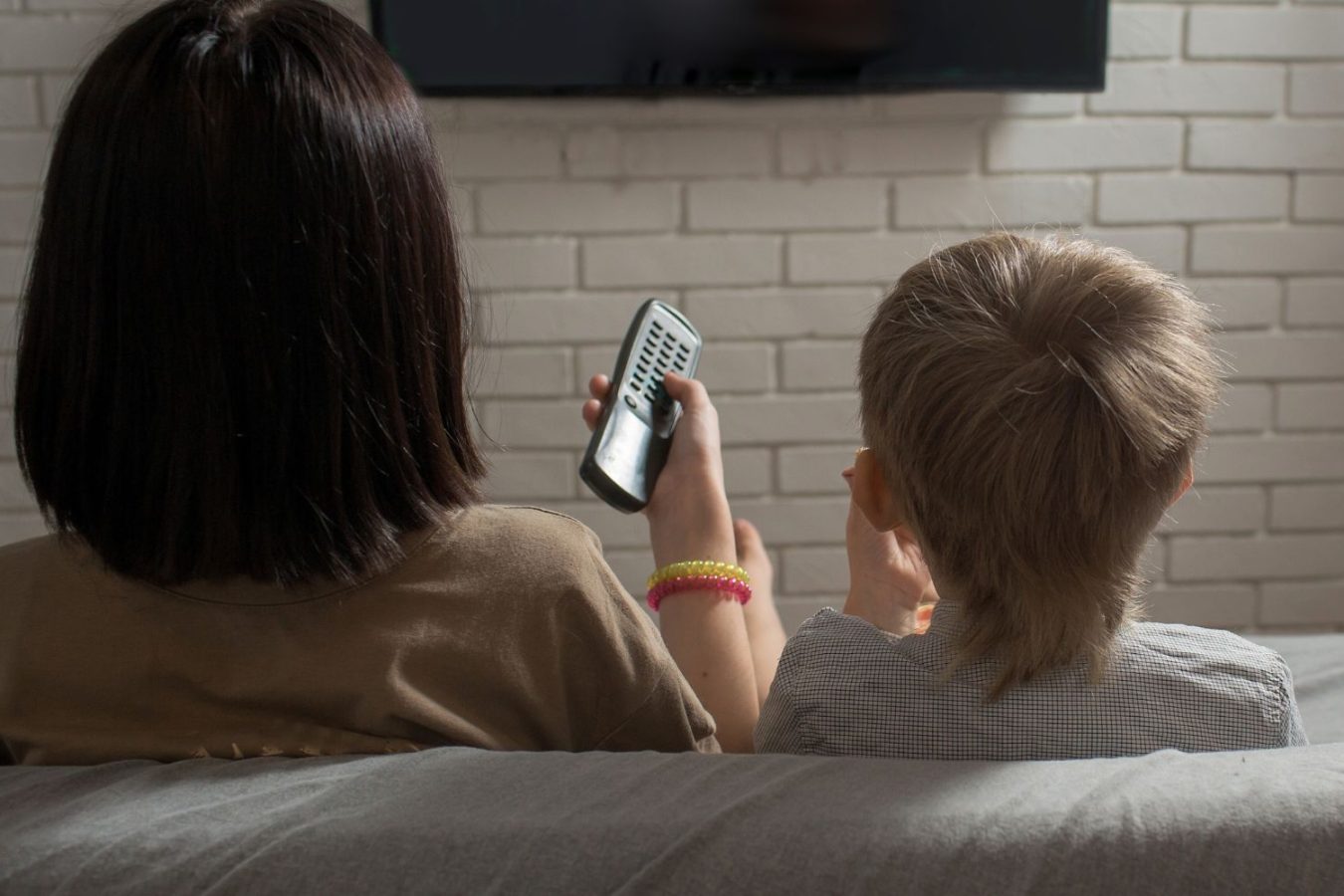
How can parents talk to their kids about distressing news events, and help them feel safe?
Your child might have seen traumatic news coverage on television or social media, or they may have heard about it from friends. Here, psychologists share how parents can discuss such events with their children.
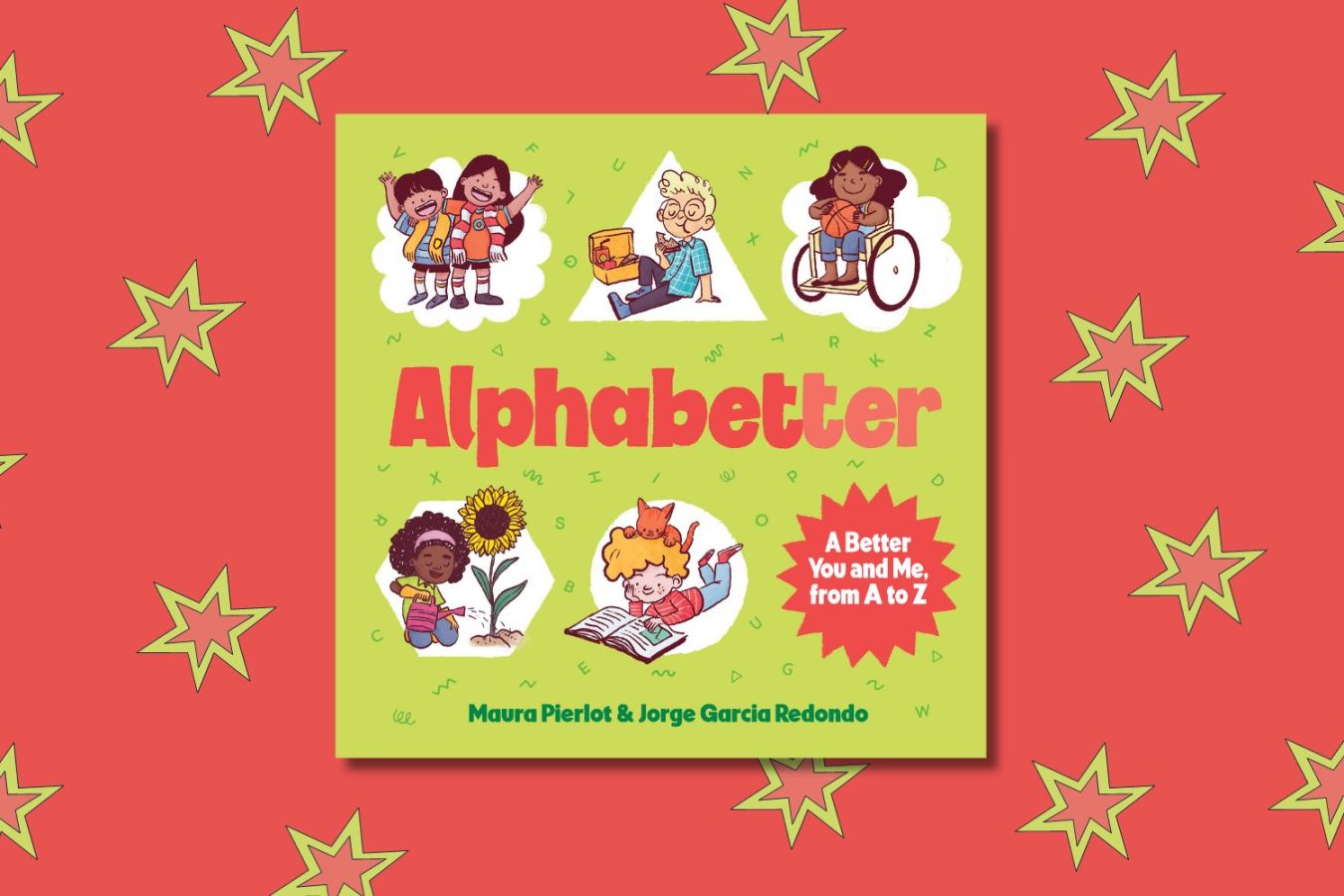
The alphabet, but make it better!
Teaching morals and ethics to young children can be tricky. Natalie Moutafis has discovered a new picture book that teaches us about positive qualities and encourages children to grow in their mindset.

Reviving your parenting mojo, from Andrew Fuller
Parenting can be a rollercoaster, and you may sometimes want to take a breather. Here, clinical psychologist and family therapist Andrew Fuller shares how parents can rediscover the joy by looking after themselves.
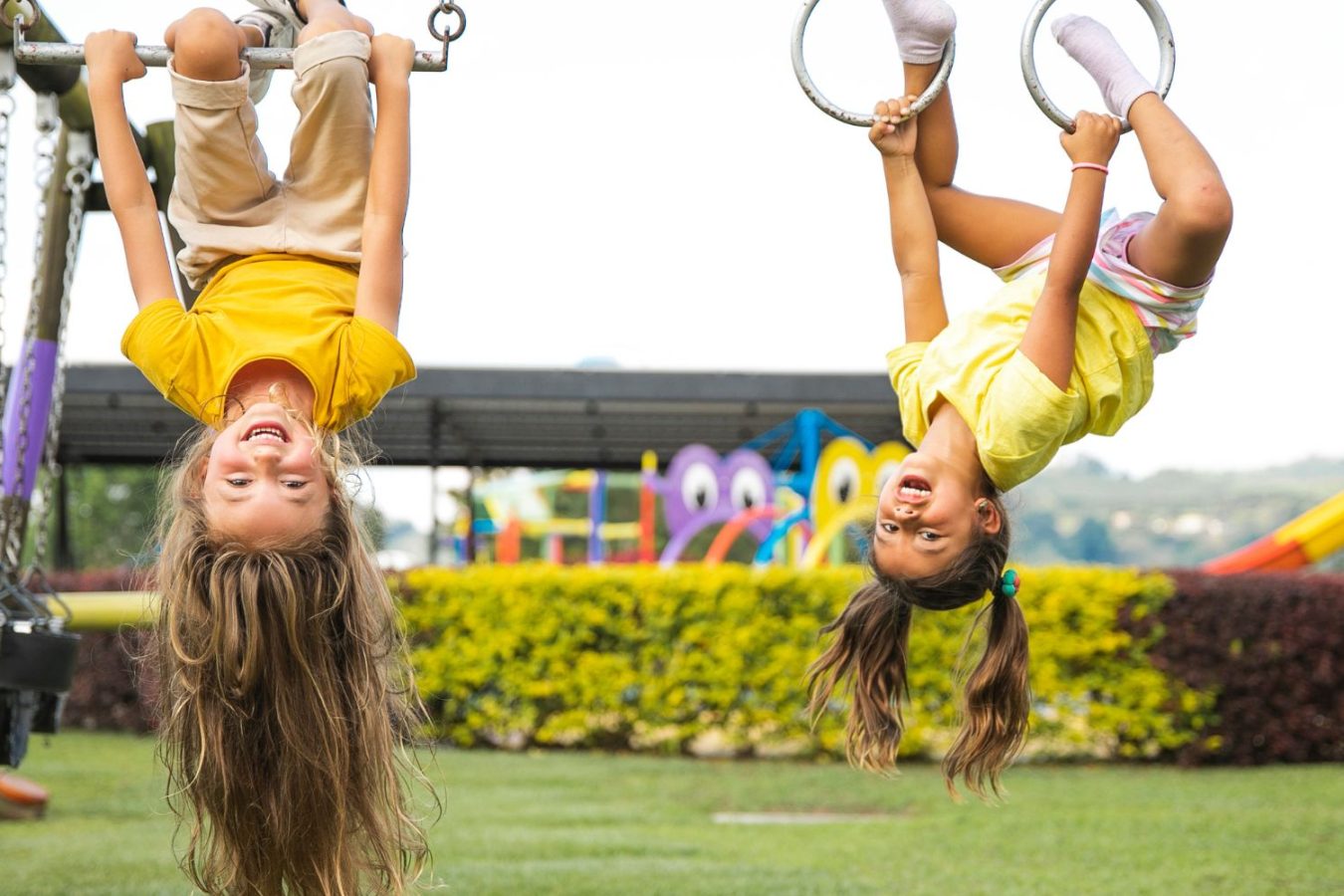
Screen time doesn’t have to be sedentary: 3 ways it can get kids moving
We tend to think that when children are using screens, they are passive or still. Here, researchers explore how screens can help keep kids physically active.